The head of international waste shipments at Defra, explained at the RDF Conference in London yesterday (25 November), that while the revisions won’t be transposed into the UK law, they will apply in Northern Ireland under the protocol.
Patrick McKell added that under the proposals, the European Commission has adopted a “top-down approach”, which removes a lot of the discretion that member states currently have.
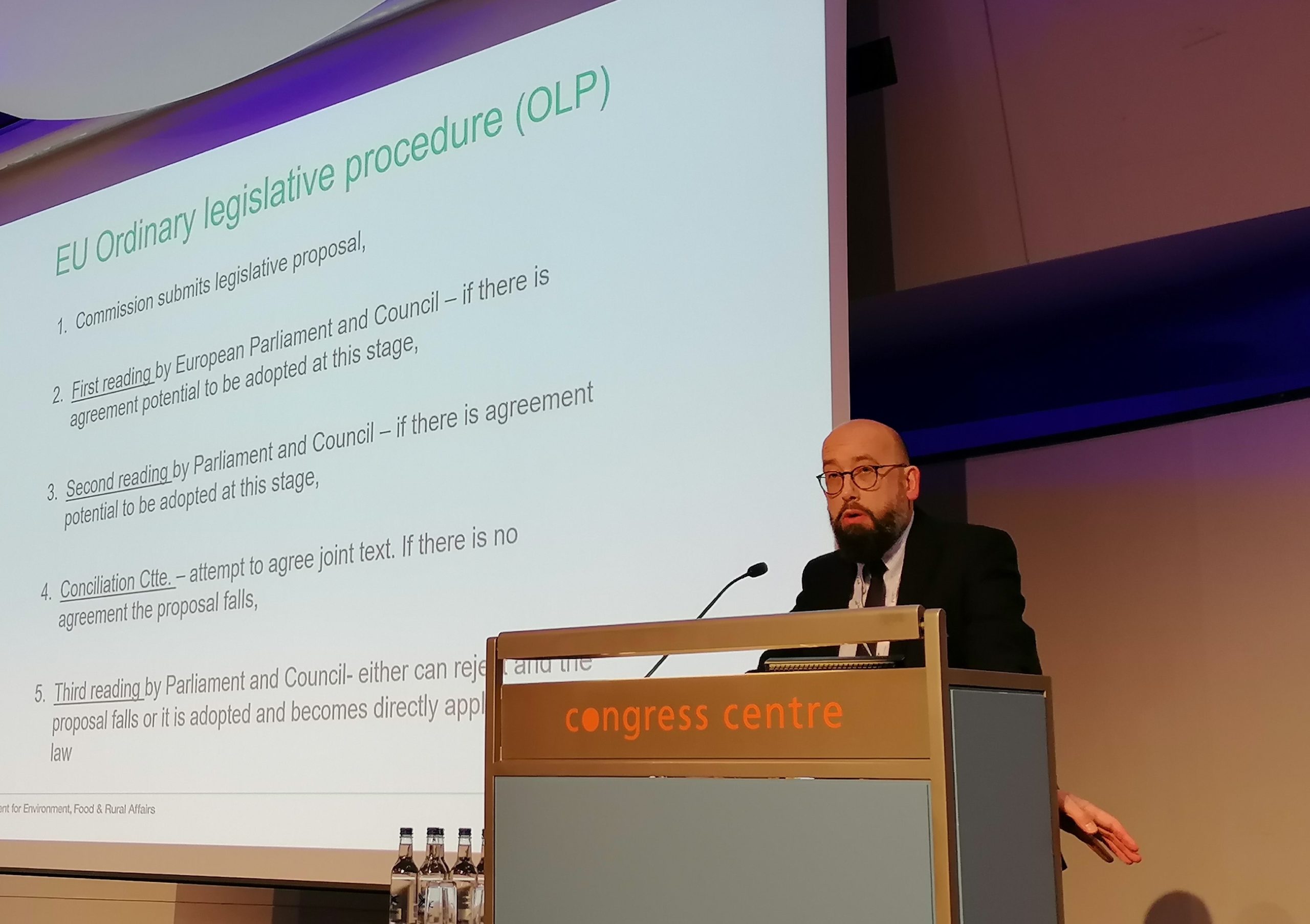
He said: “It may take a year or two to go through the legislative process, and will undoubtedly change during that time, but probably not by very much”.
Streamlining
Mr McKell said: “There certainly will be an impact on UK businesses, but hopefully the streamlining of existing processes and the shift to digital will improve user experience. Undoubtedly, people will have concerns, particularly on the audit requirement, if you import waste form the EU. Where you have concerns, I’d encourage you to flag them and engage with counterparts and trade associations in the EU and seek to influence the proposals through them.”
He added that Defra, instead of transposing the regulations into UK law, “will have a look at the EU proposals and give them serious consideration”.
The Defra official said there will be measures the department “wants to take from the EU’s proposal, and we might wish to apply or adapt them, but that would be subject to a Defra consultation. It won’t be transposed per se”.
Mr McKell said there could be some overlap when the government consults on a proposal to ban waste plastic exports to non-OECD countries, as stated in the Conservative 2019 manifesto. The consultation is due next year.
Regulations
The European Commission outlined its proposals to waste shipment regulations earlier this month (see letsrecycle.com story).
The Commission said waste exports to non-OECD countries will be “restricted” and only allowed if third countries are willing to receive certain wastes and able to manage them “sustainably”.
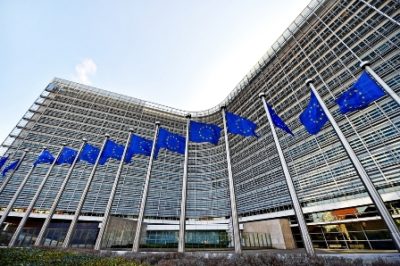
This will now be voted on and amended as it makes its way through the EU legislative system.
Mr McKell outlined aspects of the amendments, which contains 82 revisions or articles and around 70% of existing regulations, which the Commission has highlighted as key
This includes:
- Restriction of all waste to non-OECD countries, and exports of green listed waste only allowed when countries notify EU of willingness to receive waste
- Said countries must demonstrate their ability to treat waste in an environmentally sound way
- Companies exporting waste outside of the EU must acquire independent audits of the facilities where it goes
- A shift to digital solutions for documents
- The Commission will “receive powers to support action” on illegal waste shipments
Landfill
Preceding Mr McKell in the morning session of the event was Robert Corijin, chair of the RDF Industry group and marketing manager at Attero.
He gave an insight into a recent study carried out which underlined the environmental benefit of energy from waste, when compared with landfill.
Mr Corijn said the findings underline that from a report by the UN, which said waste industry has the “largest potential in Europe” to contribute to methane reduction targets.
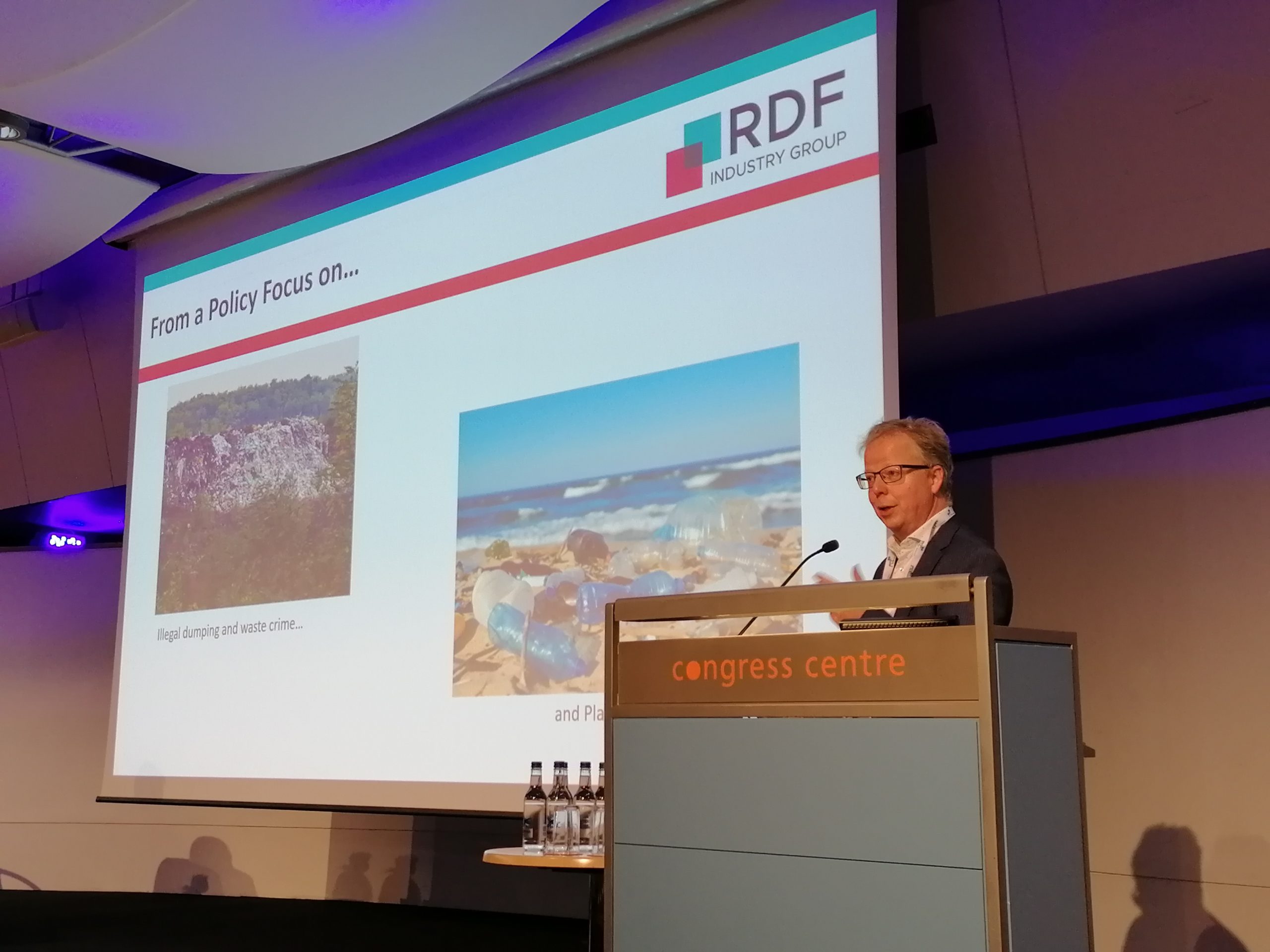
The study carried out by Prognos, a German consultancy company, found that with a 59% recycling rate and a 41% energy recovery rate would lead to a reduction of 282 million tonnes of methane.
While he said there will always be a need for some landfill, the study also found that shipping RDF even 9,000 kilometres away would be more environmentally beneficial that sending it to landfill 150 kilometres away.
He said countries need to consider the global impact of emissions rather than just national, which he says taxes on RDF are an example of.
The study will be released in full next year and shown to policy makers, Mr Corijn said.
Future markets
Rounding off the opening session was Harriet Parke from the secretariat at the RDF Industry Group and principal consultant with Eunomia.
She gave the results of a Eunomia study into three European markets, France, Greece and Italy, and how the respective markets are playing out.
Ms Parke said UK exports of RDF have been declining since 2017, and it is unlikely they will recover to the peak point so European countries are seeking alternative markets.
She said some markets such as Greece still landfill large quantities of waste and have been earmarked as a potential market, but there isn’t an economic driver such as a landfill tax.
Italy has also been identified by some as a potential market, where the landfill tax is up to €25 in some areas. While it has capacity to treat 7 million tonnes through RDF, there is still significant tonnage in the market for RDF




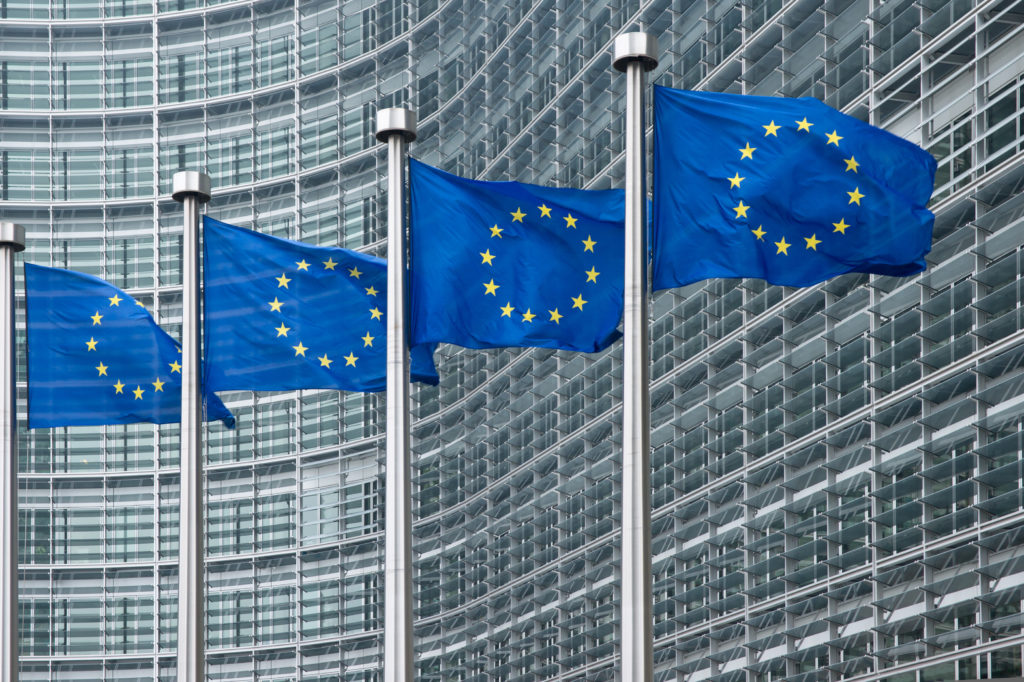
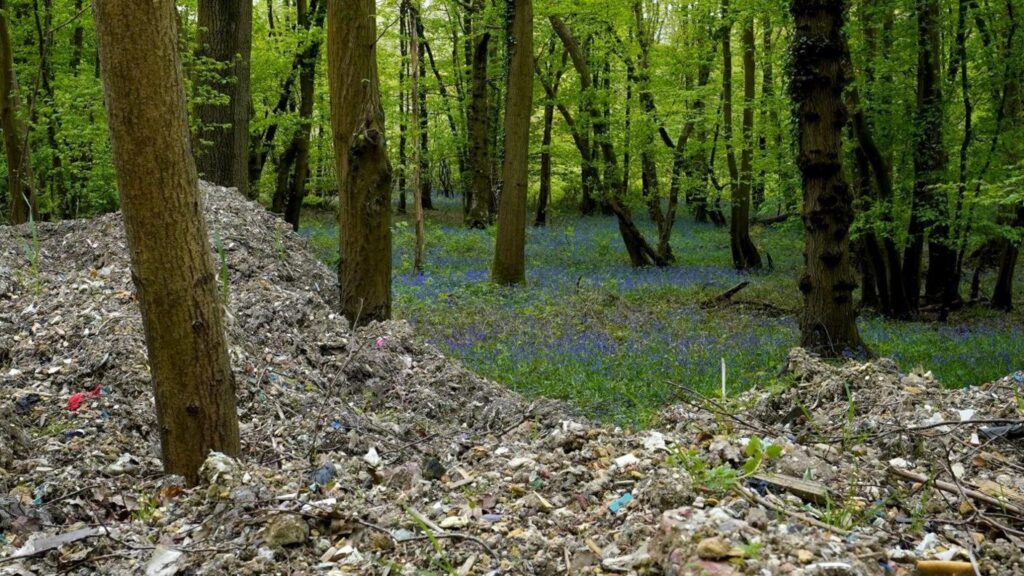



RDF emits more carbon than composting or EFW. RDF has to be burnt anyway in EFWs – what a waste of money.
Stick to composting or EFW.